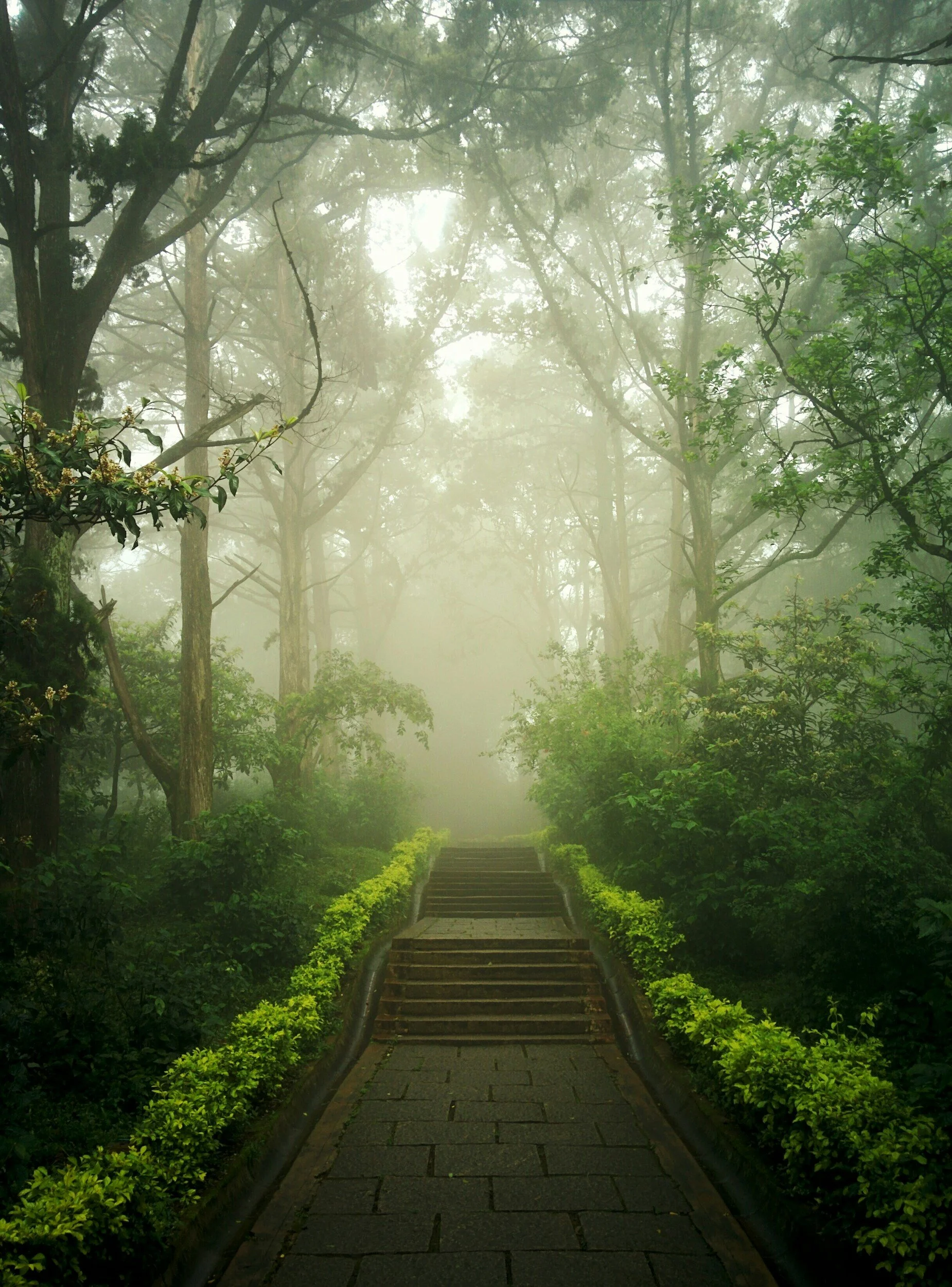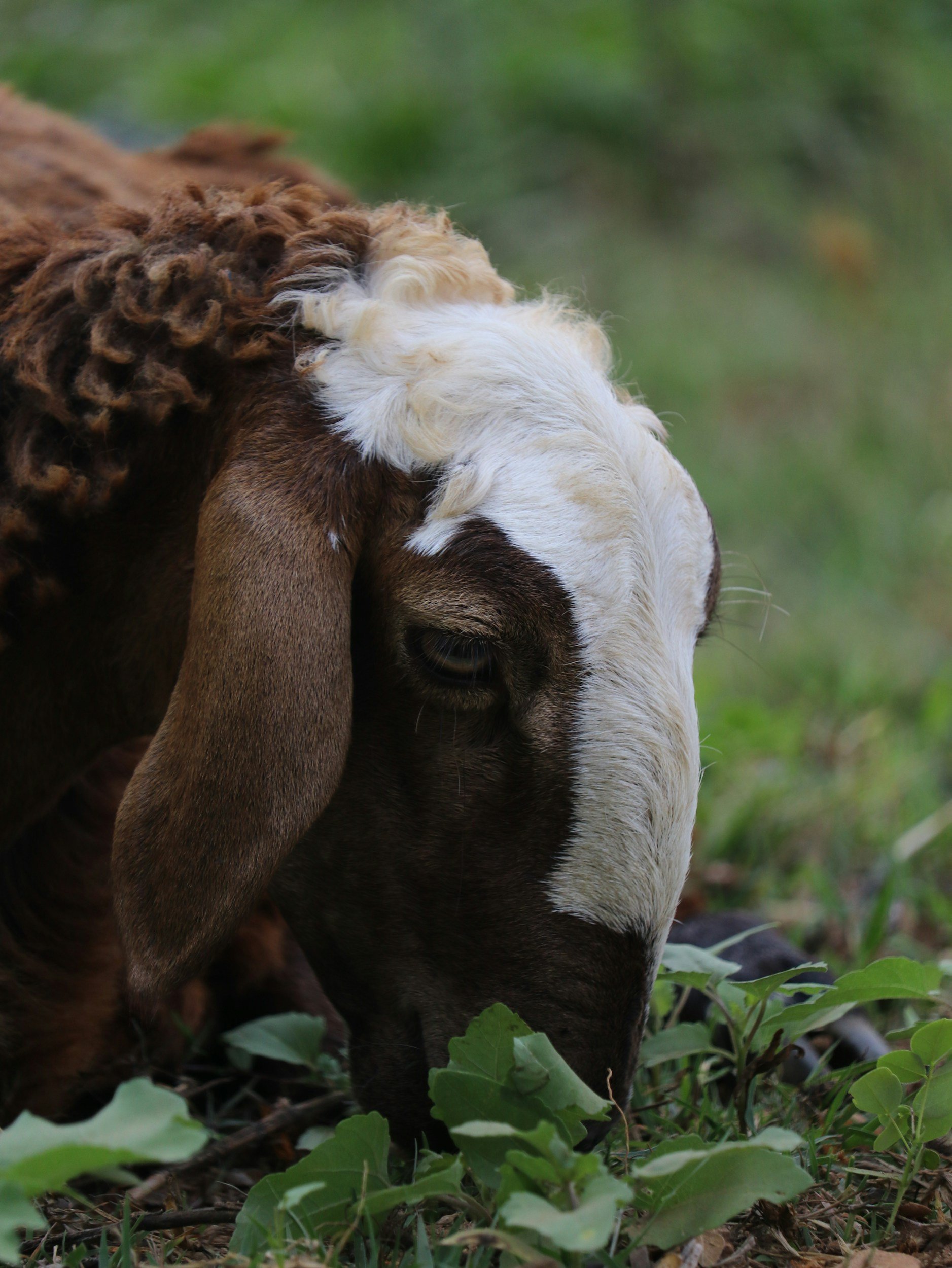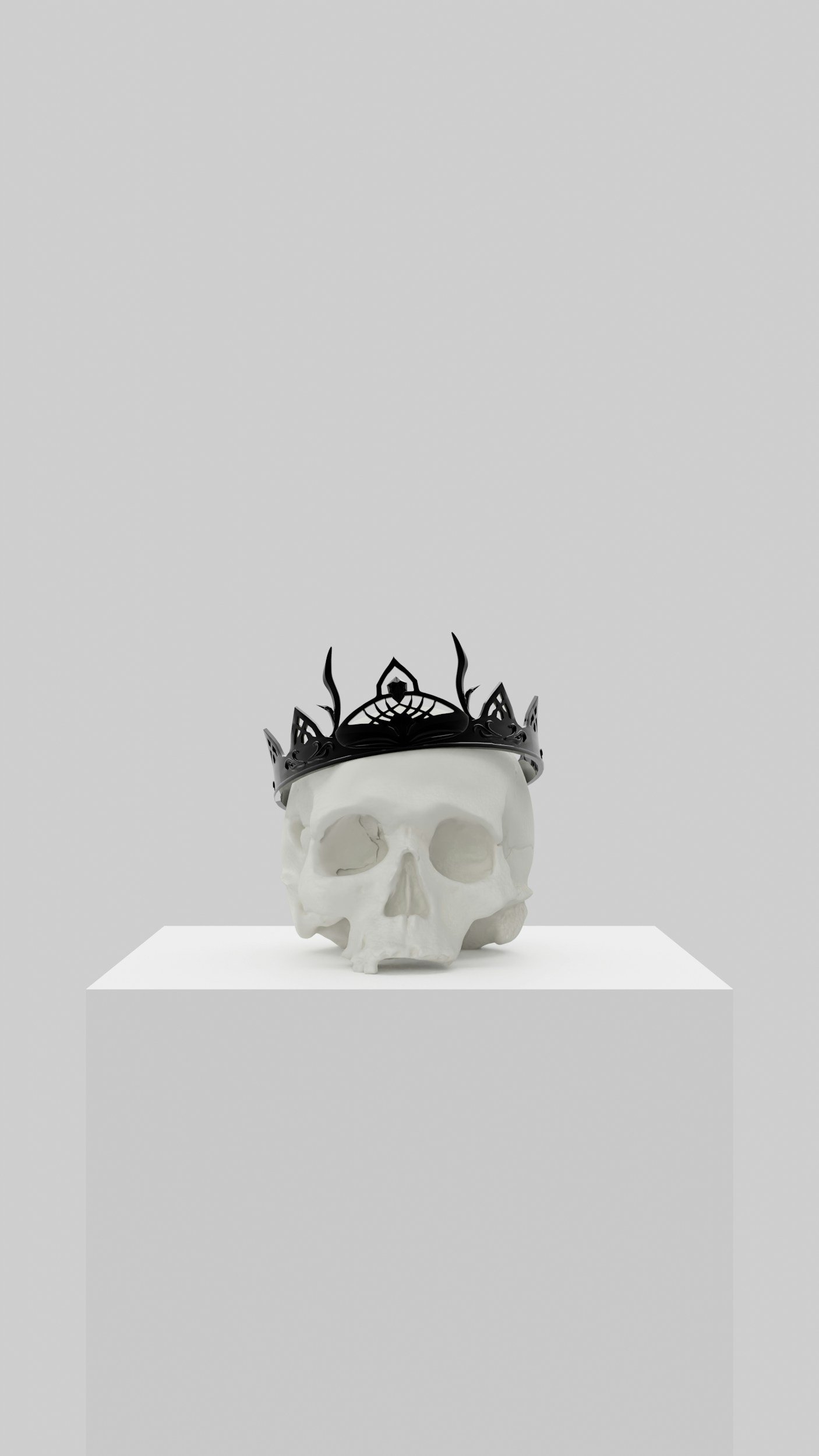We Do Not Mourn All Our Dead
Ofala 1960, Obi Chiefs - Obi Okosi, Photograph by Richard & Helen Henderson
in response to a question on how our people traditionally view suicide, here's my response - a report from my observations so far.
Within the boundaries of my culture, suicide is considered an abomination (alu or aru). To take a life which one did not give themself is considered a distasteful act. In fact, to take any (human) life is abominable. To kill oneself is an abomination in the sense that such a person has insulted and challenged the wrath of mother earth (Ala/Anị/Ana), they have insinuated, by permanently ceasing the breath from their body, that they have full authority over their existence in this realm and that is unthinkable. To ignore all the abstract authorities that rule over our ways of being in this realm of existence under the watch of mother earth (Ala), to bypass them and take one's life out without consideration for who that life really belongs is to challenge God, to challenge one's metaphysical contract and no one within this (Igbo) culture where the physical and abstract co-exist as one essence wants to pick a fight with the abstract or bear the consequences of such a challenge. There's no winning in such battles, where the seen has to go to war with the unseen. How does one win a battle over things they cannot see but are sure can surely destroy them? There's no way to win such battles, so our progenitors came together in community and decided that this thing where people take back the life they did not give themselves is an abomination. And anyone that dies like that cannot be buried with honor or mourned properly. To do either of those things would be to acknowledge their betrayal, to accept their unwelcome challenge, to pick a fight with the abstract entities that rule our lives and god forbid such a thing. So we do not acknowledge such deviations, because as we all know, acknowledgement builds presence. We cannot offer voice to the things we do not want to feed strength to.
No ones life is believed to belong to them. Each person contains multitudes. That a child is born into the community is because a member of their lineage decided to return (reincarnation) or that a spirit force decided to take on an assignment within this realm (incarnation). A parents prayer for a child is always answered by an abstract reality whether they give the said abstract reality credit or not is irrelevant. As long as that child is born within an Igbo lineage, their lifeline is existentially subjected to abstract realities. Such a child is free to die by their contracts to those abstract realities (like is seen in some cases of ogbanje), the abstract realities accounts for their life and death, not the other way round. We are responsible for each others lives, so communities come together to go into agreements with some of these abstract realities and bind their life's as well as that of their bloodlines to them by oath. Overall the greatest covenants that are made are those made with mother earth (Ala) where our people made promises not to soil her breath with the spilling of unnecessary blood. And it is believed then that there is nothing necessary about dying without consent (dying by one's own hand). To commit suicide then is to deny the community of their responsibility to keep that life, to nourish it. It is a painful reminder that the community has failed in its promise, a loud evidence for mother earth (Ala) to use against us, to testify against our people and say see i gave you life and you people threw it back in my face. You broke your promise and in return I will break you. How then can we be expected to venerate such a death (which assures us of broken things), with our mourning.
Our conundrum with what kind of death we may or may not venerate through a proper burial which could involve celebration and mourning does not end with suicide. If a child dies (is believed to have died before their time) we will bury them but we cannot be loud or extravagant about it. If a person dies through an unruly or disruptive manner, we cannot shed tears or in some cases mention their name ever again in public, we cannot mourn them properly because that would be enabling. We cannot give them the gift of honorable grief if not they may be encouraged to rejoin our community from the afterlife and who wants that? Definitely not us. We want peace, long life, respectable deaths in our communities and not abonormalies. Those who do not stick to our customs on how and who to mourn or not mourn, bury or not bury, are to blame for the repetitions and re-occurrences we still see in our communities.
So what is a mother to do with all the grief in her chest from losing a child by a means we do not consider worthy? She must do what every one finds the strength to do, she must offer her sorrow to mother earth (Ala / Anị / Ana) who knows what to do with it. Ala as a supreme mother can show all mothers who can not mourn their children rightfully what to do with the tightness in their chests. The rest of us, their brothers, sisters, cousins, friends, lovers, relatives, those of us who also carry tightness in our chests for those we are not allowed to mourn will have to wait to learn from those mothers.
We do not mourn all of our dead, properly. In exchange, some of our dead haunt us until we do right by them. Yes. Some of them get their might from Ala who has assured us of tenfold of whatever we give to her. They take their permission to return our broken promises to us, and with Ala's breath they lock the wombs of our women, refuse the advent of marriage in our households, shut the doors of prosperity on daughters and sons of the land, they disrupt our lives, break us in several ways until we give them a proper burial. Until we carry out the proper rituals to send them off to the land of the after living. As long as they linger in unrest, they continue to act as agents of unrest.
This is the way. It is how we agreed to being, to occupy our lands, to procure life through the mouths and breaths of our fore mothers and forefathers. We are breathing testimonies of their survival. So where we cannot mourn all of our dead or execute the necessary rituals to tap into the abundant mercy of our primordial mother (Ala), when we cannot keep our promises of taking care of those who belong to us, she let's them roll in our graveless bloodlines until we realize fully that our bodies will make room for unrest where our grounds cannot.











